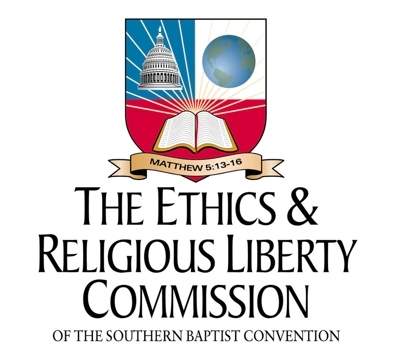Let us pause to reflect on the changing of the guard at the Southern Baptist Convention’s policy shop. Richard Land, a member of the founding generation of the religious right, fought to restore — or maintain — conservative cultural values in society at large.
And how does his successor, Russell Moore, compare? “It’s the difference between ‘Mad Men’ and ‘The Office,’” Southern Seminary President Al Mohler told RNS’ Adelle Banks.
Actually, Moore watches “Mad Men.” I know this because last Sunday the just departed dean of Southern’s School of Theology took to his blog to discuss how the show can be understood in terms of the ideas about Mammon and Art of the Dutch politician and theologian Abraham Kuyper:
Mad Men is successful for many reasons, the first of them being that it features compelling human stories compellingly told. But, behind that, there’s a captivation with something that explains our predicament. Don Draper doesn’t just sell illusions; he is one. He is living with a stolen identity, and a secret past. He is driven to success, Mammon, and he does so by his vast creativity, Art.
The end result is an emptiness that he seeks to fill with forbidden sex and dangerous substances. This isn’t just a bad life; it’s a disappointing religion. Resources and creativity with no ultimate goal lead to a hollow man without meaning.
Actually, Draper doesn’t seem all that interested in Mammon (Eros, yes), and the ads he creates are a far cry from Art. I would have said that his gift is the ability to tap into his own existential emptiness to divine what Americans need emotionally — and sell them that. Call it the false religion of postwar consumerism.
On the culture wars front, Moore last week posted “Is Your Church Ready for the Marriage Revolution?” to promote a panel discussion at the annual Southern Baptist Convention June 11.
We’ll talk about how to disciple people toward Ephesians 5, not toward a cultural ideal (even if that cultural ideal is “traditional”). We’ll talk about how to protect your church from religious liberty incursions that come along with marriage redefinition. We’ll discuss how to explain the changing cultural conversation to children and to teenagers. We’ll discuss how to preach these issues. And we’ll talk about practical matters your people will ask. Is it okay to attend a same-sex marriage since Jesus ate with tax-collectors? Should a Christian florist deliver flowers to such a wedding? What should we do about the divorces in our churches right now?
Rather than rage against the decline of traditional values, as Land did, Moore is evidently about the business of helping his folks make their way in a world that’s not going to come around to their point of view. By all means watch “Mad Men,” but in the right way. Do what you can to keep the world’s new norms at bay. And let’s try to keep our own house in order.
It’s a step forward for the SBC, but I think I’m going to miss Richard Land.






